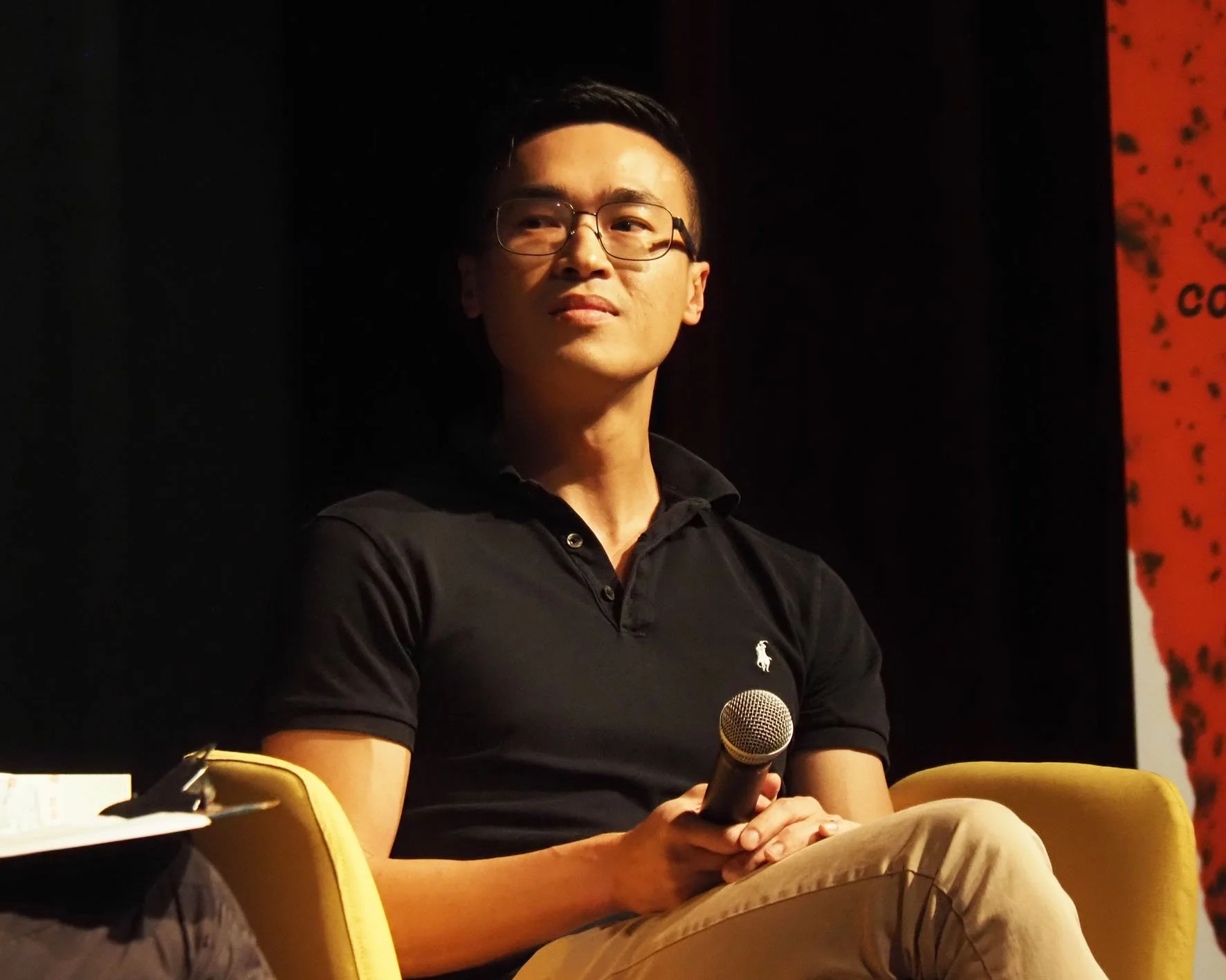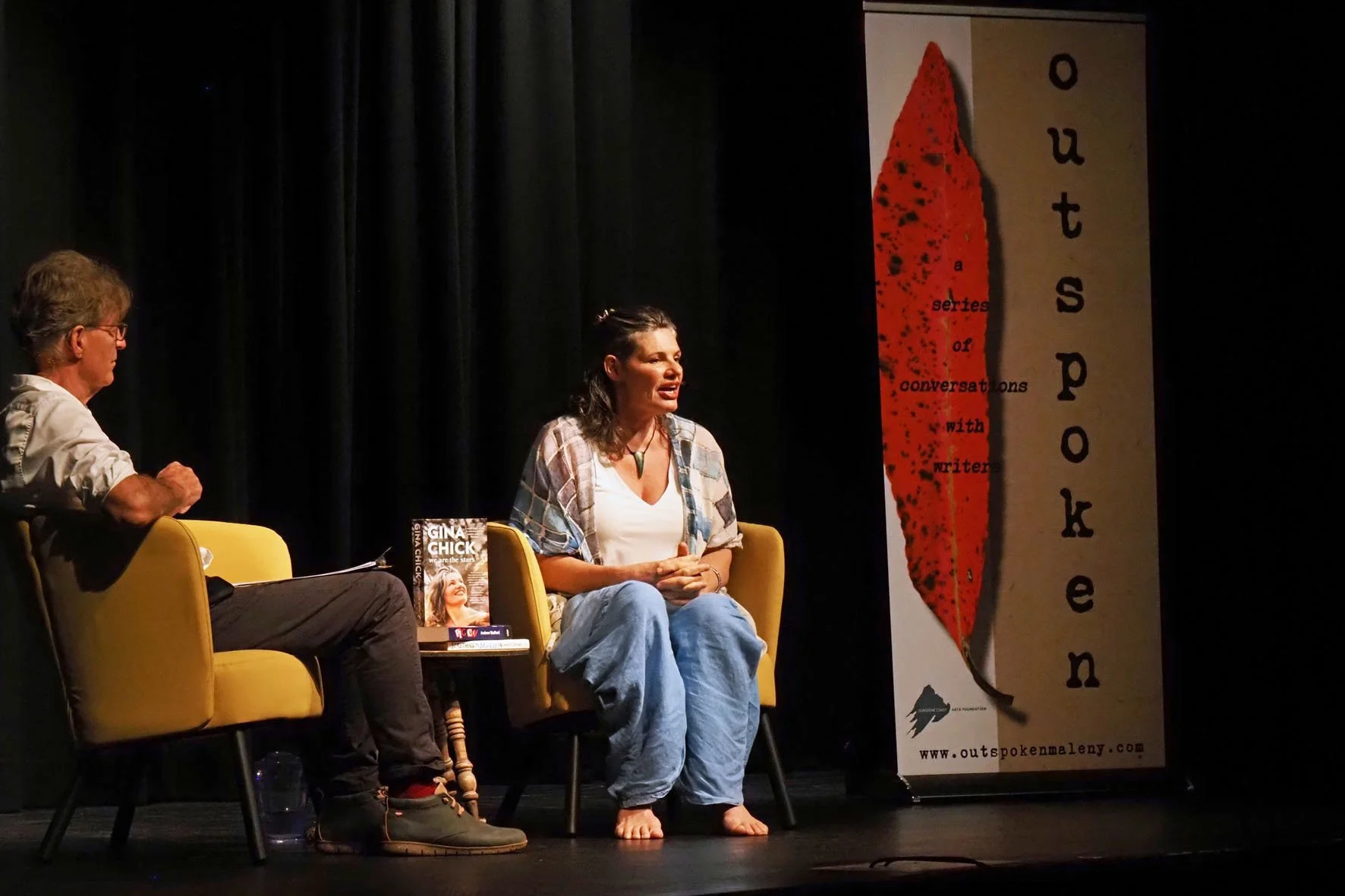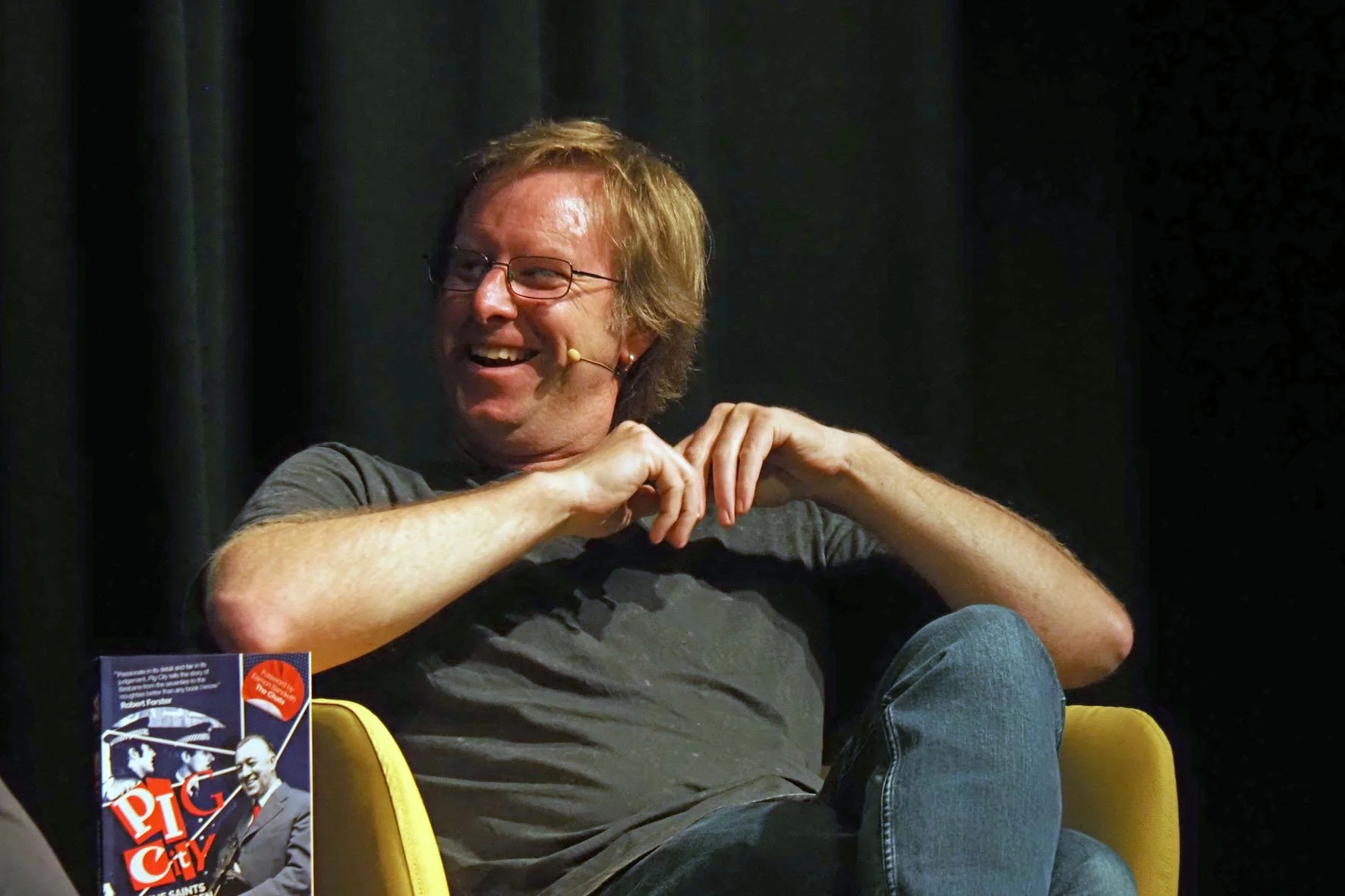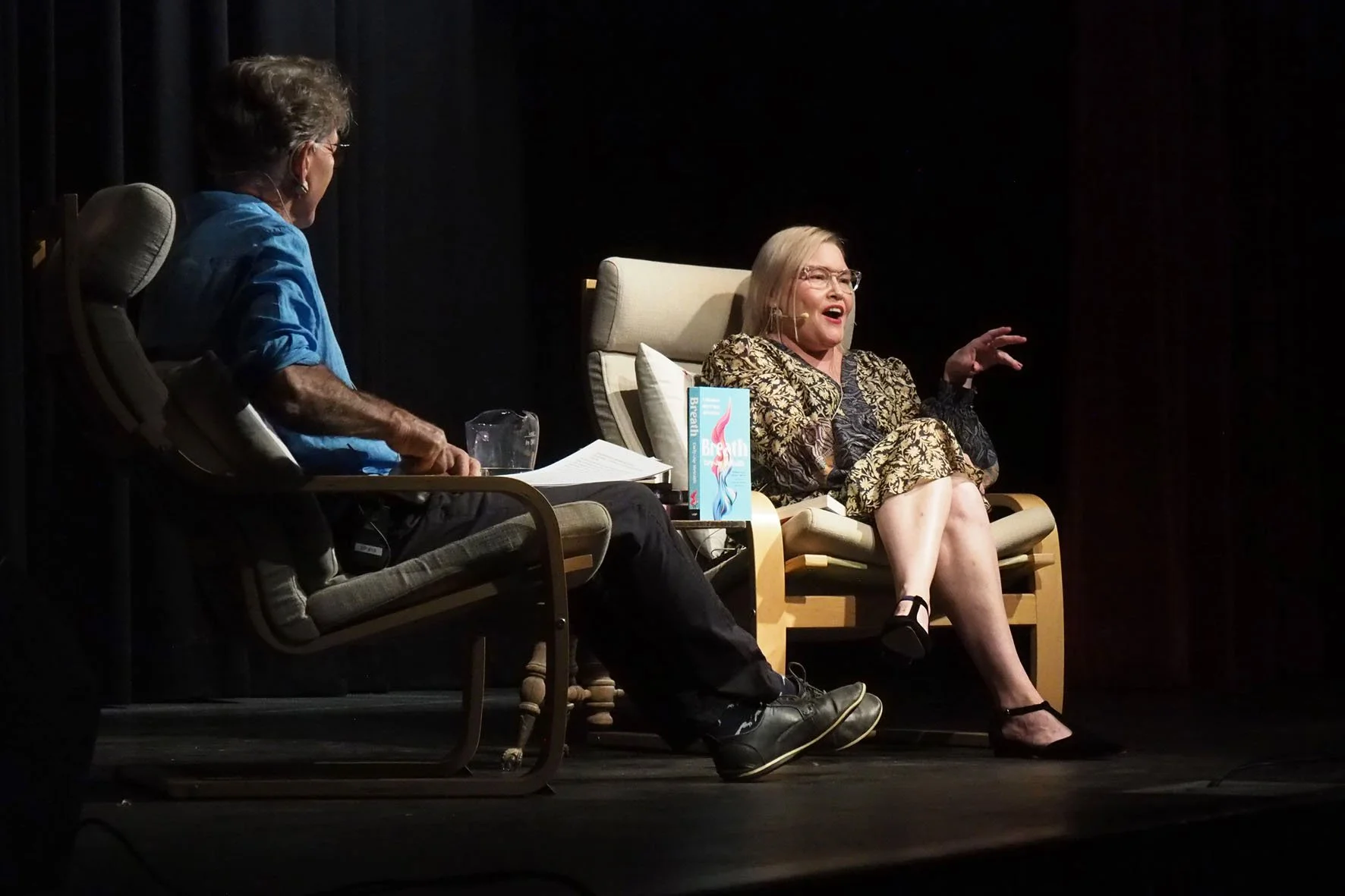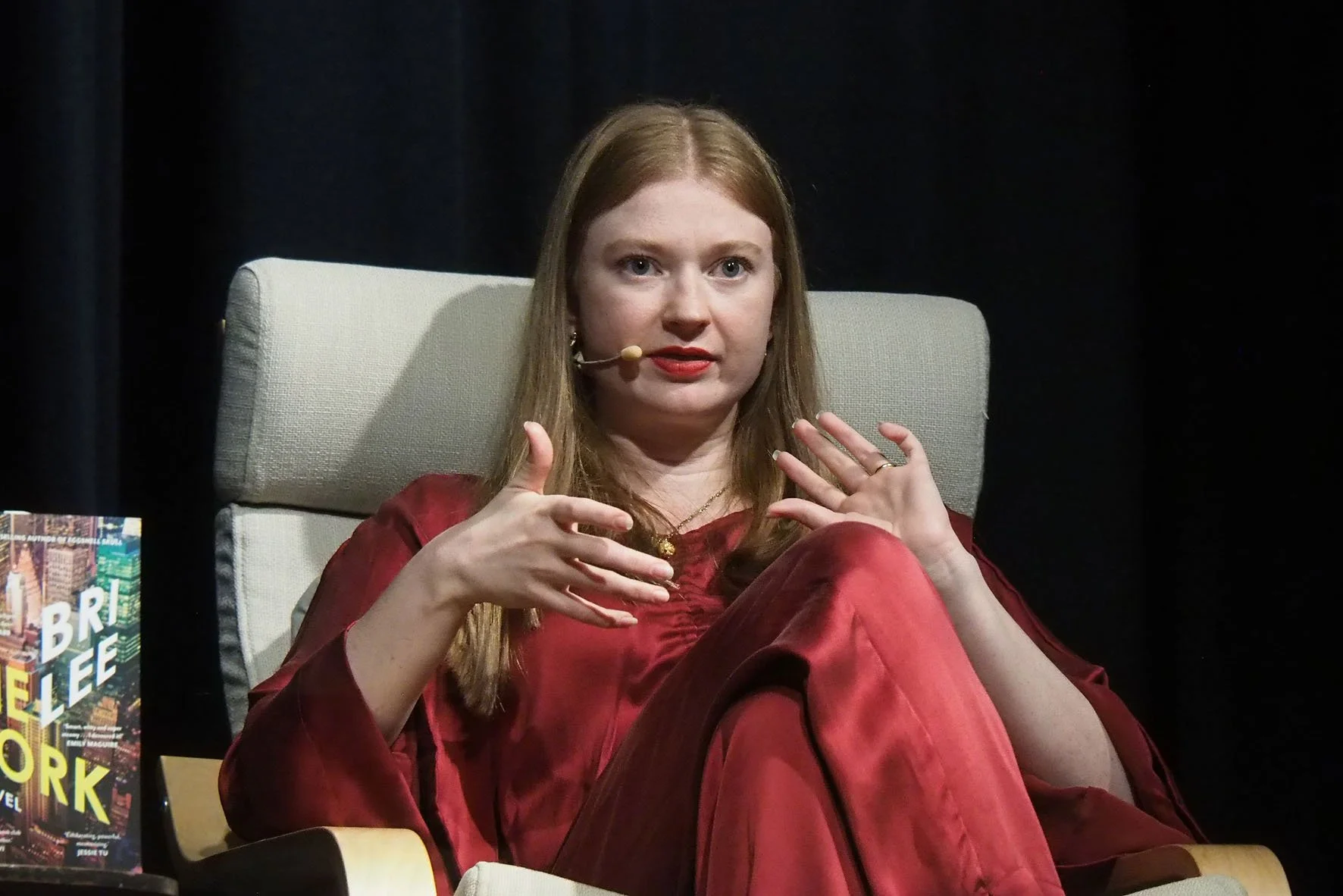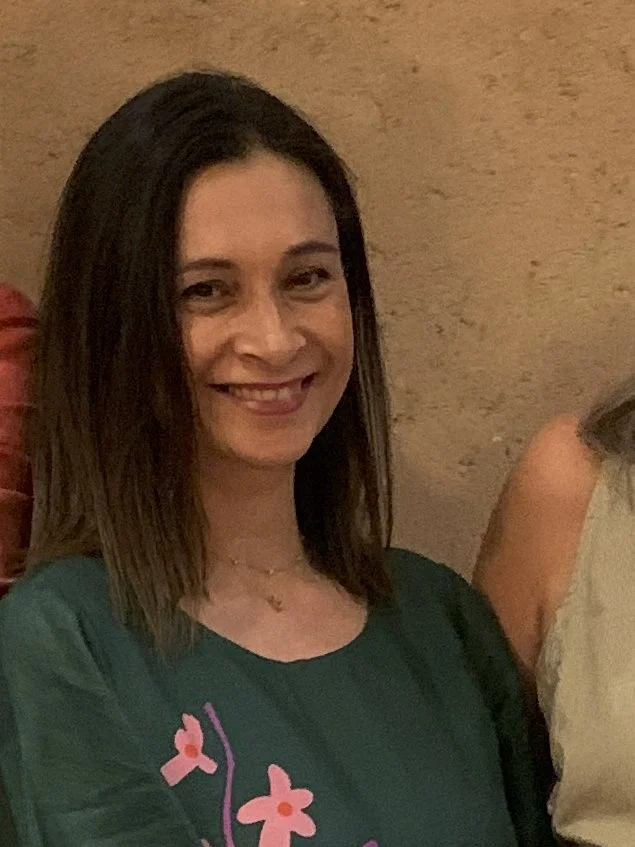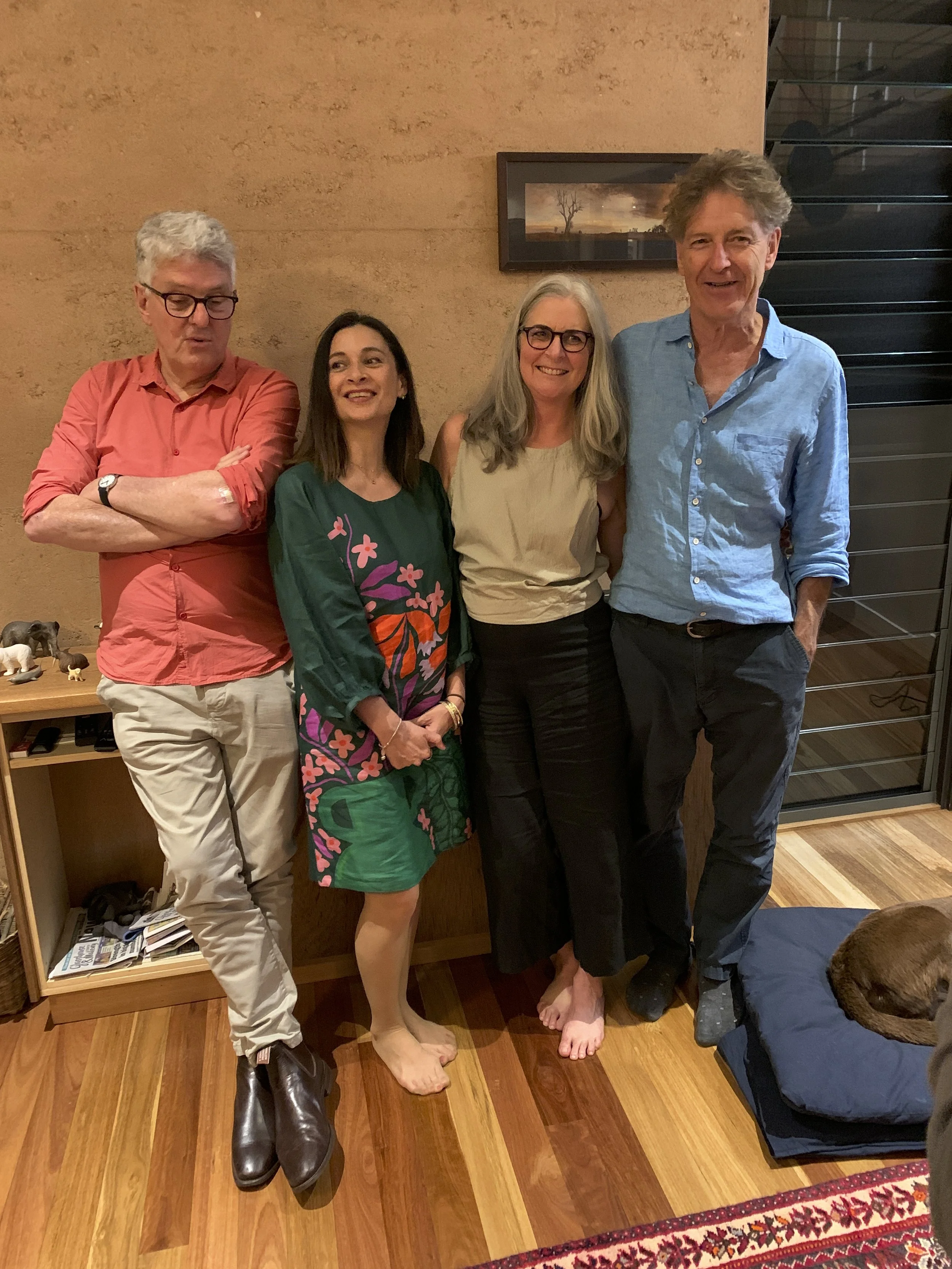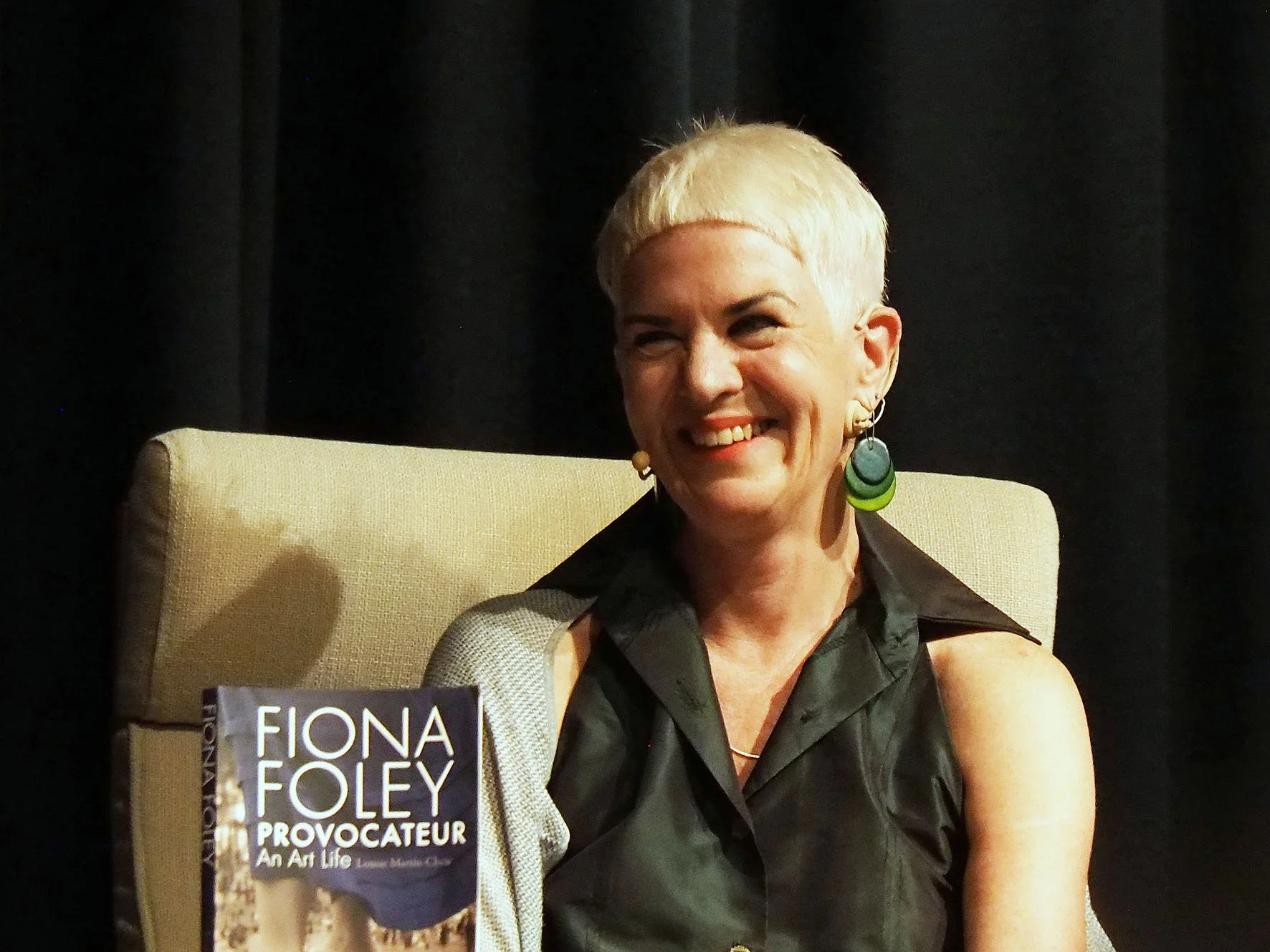I'm going out on a limb here. I think Rick Morton’s Mean Streak is an important book. Its description of the creation, implementation and eventual dismantling of Robodebt reveals a long slow-motion train wreck – one mendacious cruel scheming carriage after another inevitably, inexorably, piling into the one before it. But it’s also necessary.
If we want to live in a society which works (and after the events of this week who doesn’t?) we need to have strong, transparent institutions at its centre.
Rick Morton has done something essential for all of us: drilled down into how something as individually damaging and nationally disgraceful as Robodebt could exist in a place like this.
Morton is the senior reporter at The Saturday Paper.
He has won two Walkley Awards for his coverage of the Royal Commission into Robodebt.
He's also the author of the wonderful One Hundred Years of Dirt.
He asks you to consider what it might be like to live in a country whose government callously, but deliberately, condemns its poorest citizens to a Kafkaesque nightmare. As some sort of idealogical crusade. To raise funds. That same government who, when it was revealed what they had done, was obliged to pay it all back.
Nobody, as you will be well aware, has been punished for what happened. Just in the last fortnight it was announced that the NACC had been forced to reverse its decision not to investigate Robodebt because Commissioner Paul Brereton had not adequately removed himself from the process.
Rick grew up on a remote cattle station in far-west Queensland. His childhood gave him an insight into the nature of class in Australia and he writes very lucidly on the subject. When I was growing up, he says, ‘I didn’t know there was a hierarchy because I couldn’t see the rest of the ladder from where I was.’
Rick is in conversation with Steven Lang.



